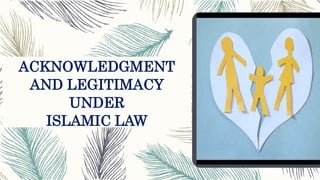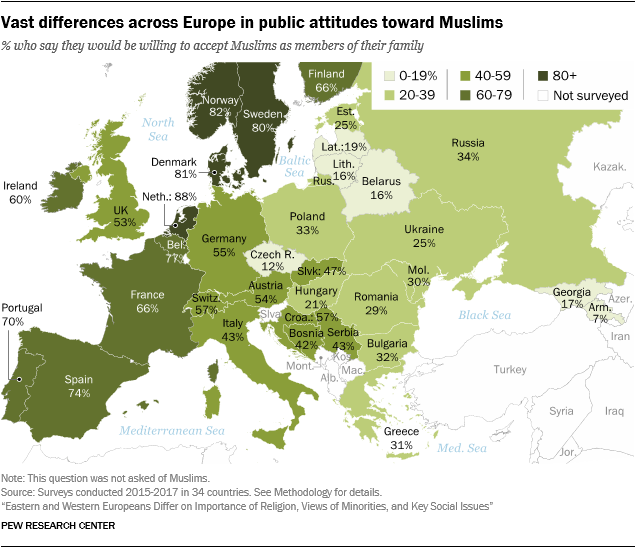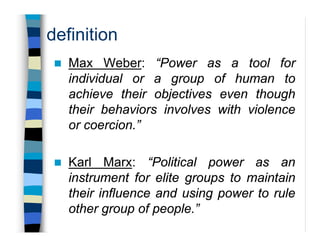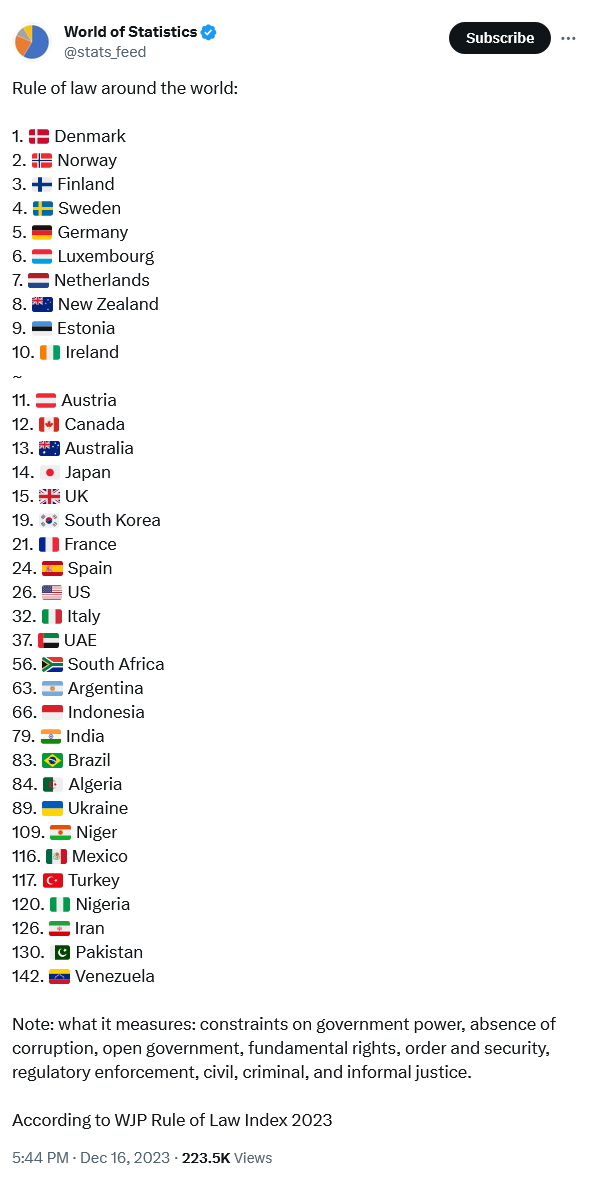Explore the intricate
web of parentage and legitimacy across diverse religions, unraveling the
cultural threads that shape our understanding of family and identity.
#ParentageAcrossReligions #CulturalLegitimacy #FamilyDynamics
Introduction: Unraveling the Threads of
Parentage and Legitimacy
In the mosaic of human experience, the concepts of parentage and legitimacy are intricately woven into the fabric of society, often influenced by religious beliefs and cultural norms. This exploration delves into the diverse perspectives on parentage and legitimacy found across various religions, shedding light on the shared values and nuanced differences that shape family dynamics.
Understanding Parentage: A Cross-Religious
Examination
1. Christianity:
In the Christian faith, parentage is often seen as a sacred bond ordained by God. Explore the theological foundations that underpin notions of legitimacy and familial relationships, from the Holy Bible to ecclesiastical doctrines.
2. Islam:
In Islam, the Quran
provides a comprehensive guide to family life, addressing the legitimacy of
lineage and the rights and responsibilities of parents and children. Dive into
the Quranic verses and Hadiths that shape the Islamic perspective on parentage.
3. Hinduism:
Hinduism, with its rich tapestry of mythology and scriptures, paints a vivid picture of the significance of parentage and legitimacy. Uncover the cultural and religious nuances that define familial relationships within the Hindu faith.
4. Judaism:
Judaism, rooted in ancient traditions and scriptures, offers a unique perspective on parentage and legitimacy. Explore the historical and religious contexts that influence Jewish family dynamics and the concept of lineage.
5. Buddhism:
In Buddhism, a religion often associated with individual enlightenment, the concept of parentage is viewed through a lens of interconnectedness. Delve into Buddhist teachings that address familial ties and the broader implications for personal development.
Legitimacy Across Cultural Lenses: A
Comparative Analysis
1. Western vs. Eastern Perspectives:
Contrast the Western emphasis on individual rights and personal choices with Eastern collectivism, exploring how these cultural paradigms shape ideas of legitimacy within families.
2. Modern Society's Impact:
Examine the influence of modernity on traditional concepts of parentage and legitimacy. How do societal shifts, legal frameworks, and evolving norms impact our understanding of family structures?
3. Challenges and Evolving Definitions:
Navigate through the contemporary challenges to traditional notions of legitimacy. From blended families to diverse cultural landscapes, how are societies redefining the parameters of parentage?
Conclusion: Embracing Diversity in the
Tapestry of Parentage
In concluding this
comprehensive exploration, it becomes evident that the concepts of parentage
and legitimacy are diverse, dynamic, and deeply rooted in the cultural and
religious contexts that shape our lives. By understanding and respecting these
diverse perspectives, we pave the way for a more inclusive and harmonious
appreciation of family structures across the globe.
This expansive article
serves as a scholarly journey through the diverse religious and cultural
landscapes that define our understanding of parentage and legitimacy. The
exploration provides readers with a nuanced and comprehensive perspective,
fostering a greater appreciation for the rich tapestry of human experience.


















